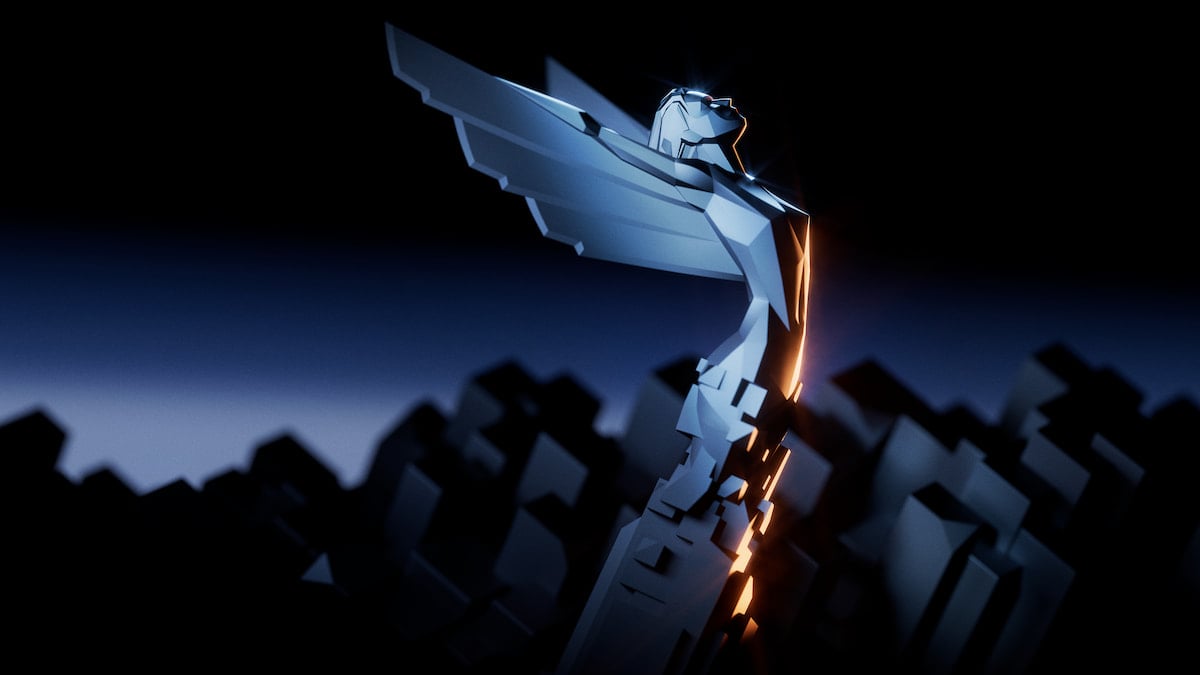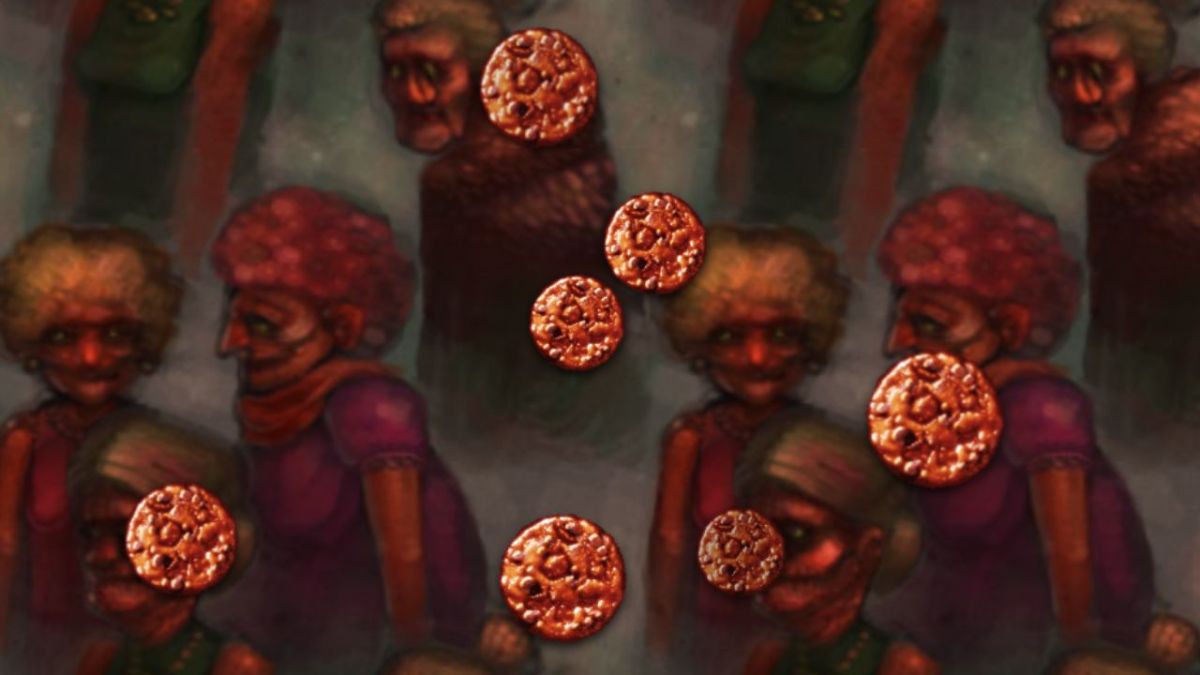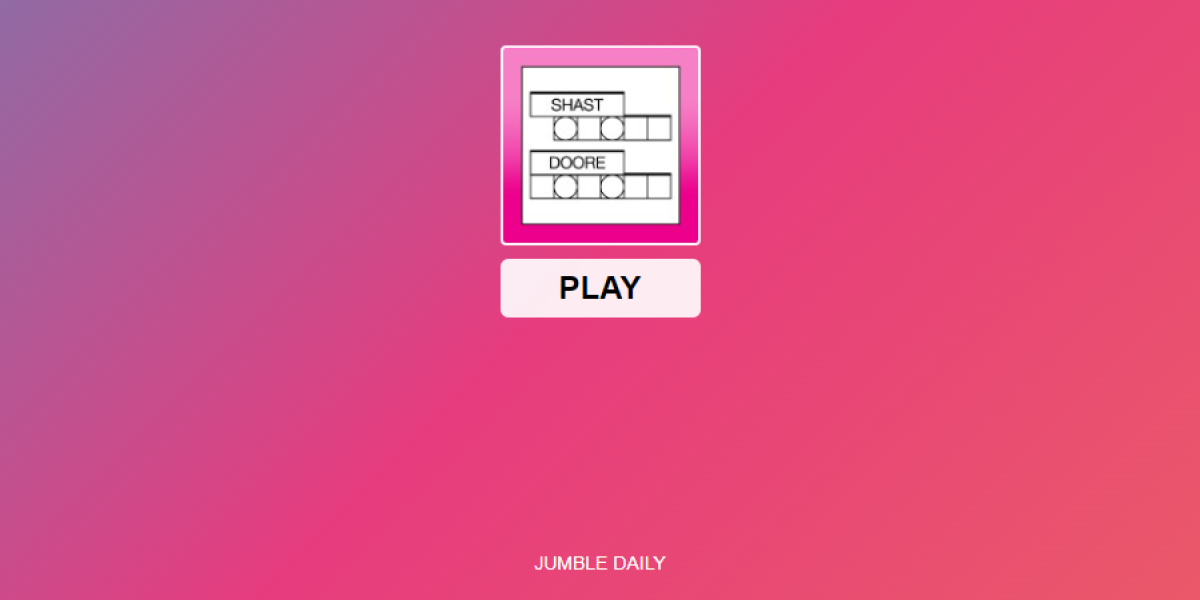When rumors first broke that Twitch‘s might be sold to YouTube last month, many immediately wondered what that might mean for the thousands of hours of video that contain copyrighted music. The Twitch/YouTube deal still hasn’t been confirmed by either side. But today, Twitch beat YouTube to the punch, implementing a system to stave off copyright infringement before the sale is officially complete.
The video game streaming platform has partnered with Audible Magic to automatically scan Twitch video-on-demand for “flagged content” and censor the audio of portions of the video that include the content.
YouTube has similar automated copyright protection through Content ID, which scans videos for copyrighted content and gives the rights holder the option of taking down the video should a match be found.
One of the more annoying features of Content ID will be mimicked on Twitch. The company says their system is “not 100 percent accurate,” meaning there’s a 100 percent chance that some valid content will be affected by the censor. That’s bad news for users. Last year, one YouTuber was flagged for infringing himself by posting a video of the his own game. Expect issues like that to happen soon on Twitch.
The use of copyrighted content on Twitch is certainly rampant. Most popular streamers play music in the background, often via services like Pandora. Many viewers find music a main draw for some streams, choosing to follow streamers with similar tastes or who can introduce them to new music.
The new automated system is a nuclear bomb to a big portion of Twitch’s video archive. There’s no way to edit a past Twitch broadcast, so users who used infringing material in previous videos could lose the audio of large portions of their libraries.
Though Twitch also revealed today a new video on demand system that won’t retain VODs indefinitely, so they may be taking care of that problem indirectly already.
The new copyright system won’t affect live streamed content–at least for now–so many Twitch broadcasters may just bite the bullet and take the hit to their VODs. But others may need to sacrifice a core aspect of their product to build a library of past content.
Even worse, the system matches in-game music in addition to ambient music piped through the stream.
That means if you stream one of the many games which prominently features licensed music, like Grand Theft Auto 4, any EA Sports game, or god forbid Rock Band, your video on demand may be doomed for censorship.
It also means that some games may get censored for their own original music, like in this Dota 2 video. Not to mention other possible shenanigans:
So wait, if I call a Twitch talk show and play music…
— Scott Smith (@SirScoots) August 6, 2014
Right now, at least, you can get past the audio censorship by simply hitting spacebar twice during the affected portion of a video. Of course, Twitch will likely correct that oversight fast.
For many users, this is just the first sign of the coming YouTubepocalypse, when the Twitch and YouTube sale is finally christened and our lovable home for gamers becomes another cog in the corporate machine. But the fact is Twitch, and esports, are simply becoming too big to escape notice from the same entities that have made YouTube a copyright battleground.






Published: Aug 6, 2014 05:26 pm